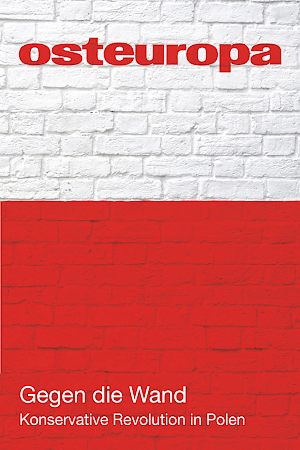European Fragments
Before the End of a Great Story?
Deutsche Fassung
Abstract
With the Maastricht Treaty, the European Union fixed its eyes on the logic of a primarily economic integration. It discussed politics mainly as a matter of internal considerations. It gave hardly any thought to the outside world. This also explains why the EU has repeatedly appeared unable to cope during foreign policy crises. The EU evades real problems. These lie not in the structure of the EU, but in the member states themselves, the lack of understanding among their governments, and in the dangerous tendency to rob democracy of its republican dignity citing the sovereignty of the people, to undermine the separation of powers, to restrict freedom of expression, and to corrupt justice. It is precisely in “new Europe” that politicians enlist the will of majority to legitimize authoritarian governance. The functioning of the EU, however, is dependent on consensus-oriented governments. It will be broken up by authoritarian leaders.
(Osteuropa 1-2/2016, pp. 223–236)



